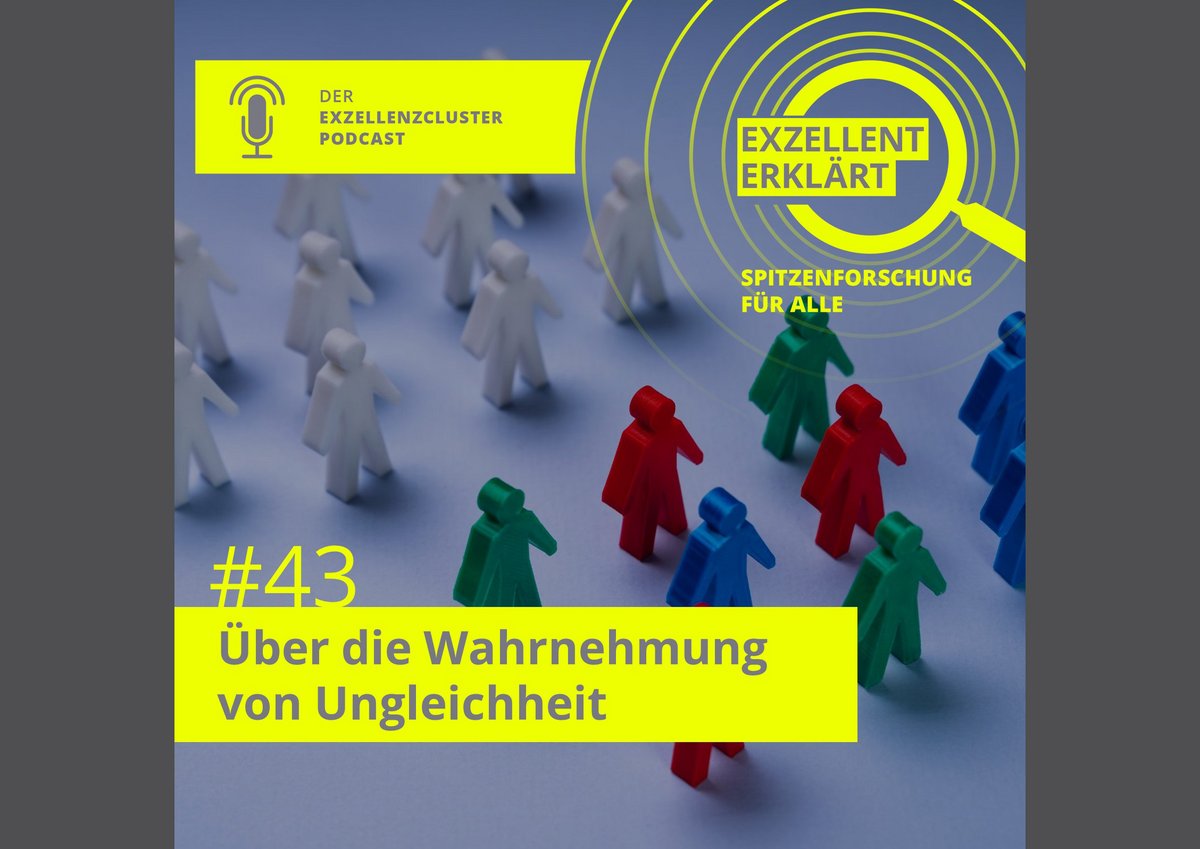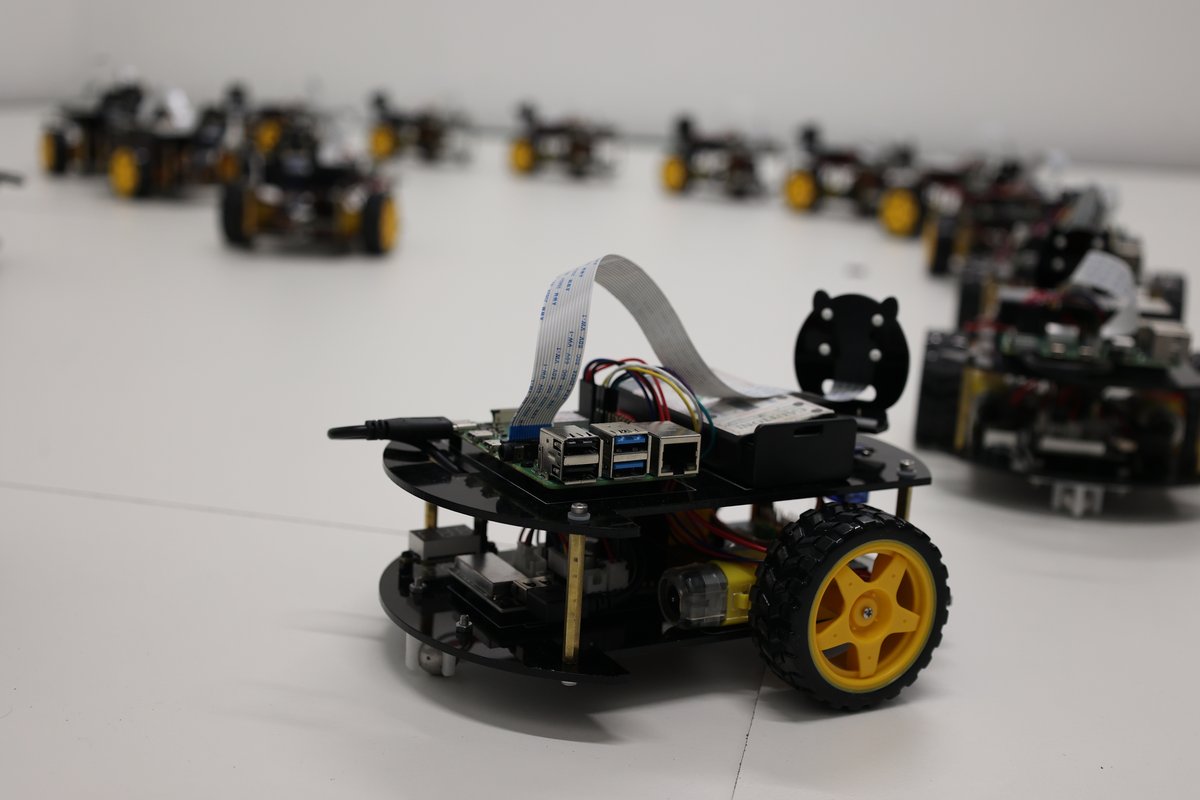
Tracking animals without markers
Researchers from the Cluster of Excellence Collective Behaviour developed a computer vision framework for posture estimation and identity tracking which they can use in indoor environments as well as in the wild. They have thus taken an important step towards markerless tracking of animals in the wild using computer vision and machine learning.
Read more

![[Translate to Englisch:] Two meerkats. One seems to speek into the ear of the other one.](/fileadmin/_processed_/9/a/csm_720_629b34474e.jpg)




![[Translate to Englisch:] Drawing of a man and a woman sitting opposite each other on chairs. He is agitated or angry. His feelings are being transferred to her.](/fileadmin/_processed_/4/9/csm_stressuebertragung_e0ee1ee349.jpg)

